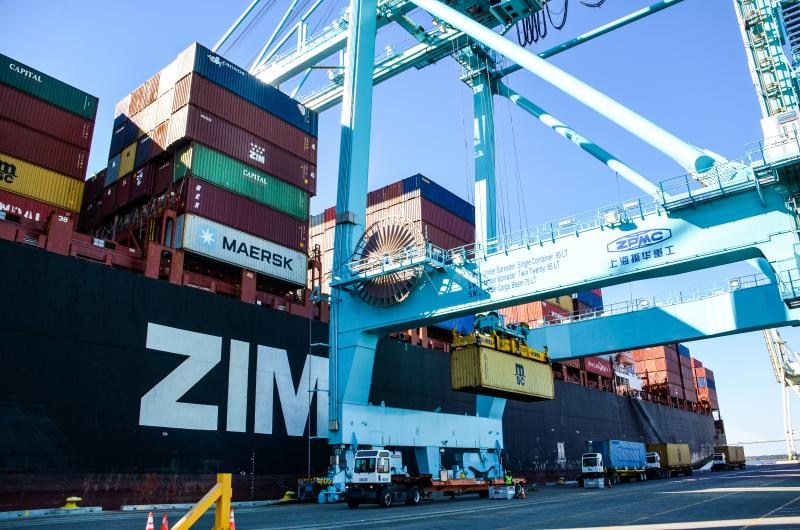ZIM reports 769,000 TEUs in the first quarter of 2023
ZIM Integrated Shipping Services, a worldwide container liner shipping firm, has released its consolidated results for the three months ending 31 March 2023.
Carried volume in the first quarter was 769,000 TEUs, a 10% drop year on year, while the average freight cost per TEU was US$1,390, a 64% decline year on year.
Revenues for the first quarter were US$1.374 billion, a 63% decline year over year.
Furthermore, the first-quarter net loss was US$58 million. In addition, adjusted EBITDA for the first quarter was US$373 million, an 85% decline year on year, and operational loss (EBIT) for the first quarter was US$14 million.
“Following a record year of Adjusted EBITDA and EBIT generation, ZIM’s first quarter results reflected the significant decline in freight rates and weak demand, particularly in the Transpacific trade, that began last year,” stated Eli Glickman, ZIM president & CEO.
Glickman further added, “As such, for 2023, we have re-affirmed the guidance we shared earlier in the year of Adjusted EBITDA of between US$1.8 billion and US$2.2 billion and Adjusted EBIT of between US$100 million and US$500 million.”
Source: Container News





